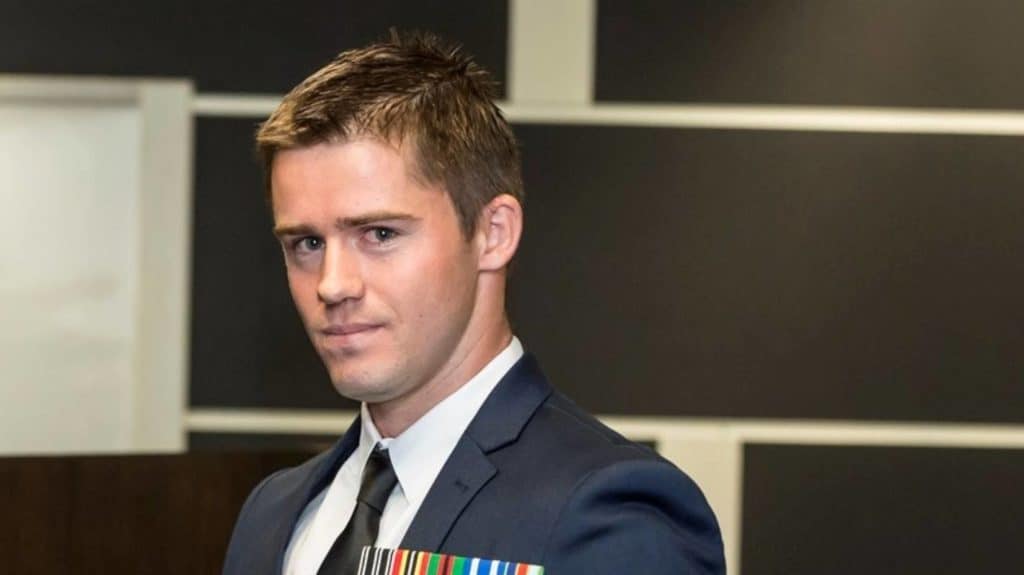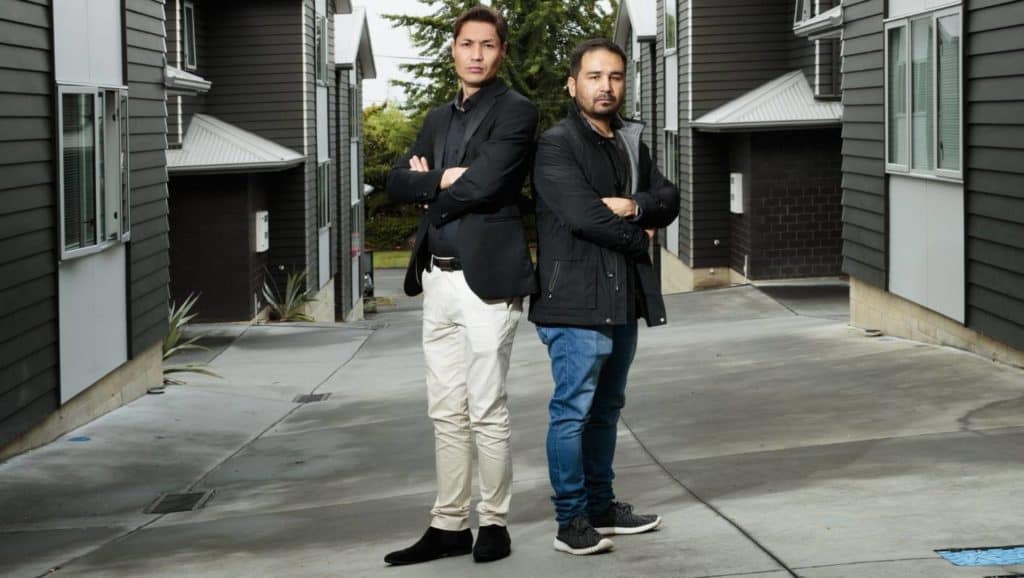Former Afghan interpreters in New Zealand are struggling to cope with the after-effects of war.
While nightmares and panic attacks keep some from sleeping, others rely on alcohol to put themselves to sleep.
These former Afghan interpreters, awarded medals for serving with Kiwi troops, are desperate for support, but they don’t qualify as Kiwi veterans and can therefore not access funded counselling and medicines.
A review is underway to redefine who should qualify as a veteran, with a report due later this year.

Khadim, 35, described three years of waking up to nightmares and panic attacks and sometimes driving aimlessly for hours.
He’s not the only one who has attempted suicide and said mental health issues made him quit his job, damaged family relationships, and put him in hospital.
It’s hard enough for Kiwi soldiers returning to their former life, fellow Hamiltonian Mohammad Ferozi, 30, said, but tougher when you’re in a new country.
Ferozi, who hears the whistling, used to drink until he passed out. He said he’s exhausted, feels like he’s tried everything, and doesn’t like where he and his friends are heading.
Auckland-based Parwiz Hakimi, 33, and his family recently spent four months in emergency housing after a failed move to England.
“Every week, once or twice, I dream that I got captured by the Taliban, and of things that have gone on in front of me,” he said.
In 2016, Veterans’ Affairs said interpreters were outside its mandate, and the group has since written to reviewers, pleading their case.
They’re backed by James Baldwin, who served in Afghanistan, has first-hand experience of PTSD, and works with the RSA and charity No Duff.

As far as Baldwin’s concerned, the interpreters became Kiwis when they started serving New Zealand, and they should have the same opportunities for support.
Mark acknowledged the interpreters’ work and said many would need mental health support.
Change is needed for interpreters in “no man’s land,” RSA district service officer Irene Wardlaw said.
The RSA said it had used Poppy Fund money for things including dental work for IED (improvised explosive device) injuries, with help from the Fallen Heroes Trust.
“We believe we have a responsibility to support the interpreters given their service for our people,” a statement said.
The NZ Defence Force said the interpreters could get help through the public health system, and ACC said it might support work-related mental injury claims but would have to consider whether it was caused by living in a wartorn country.
